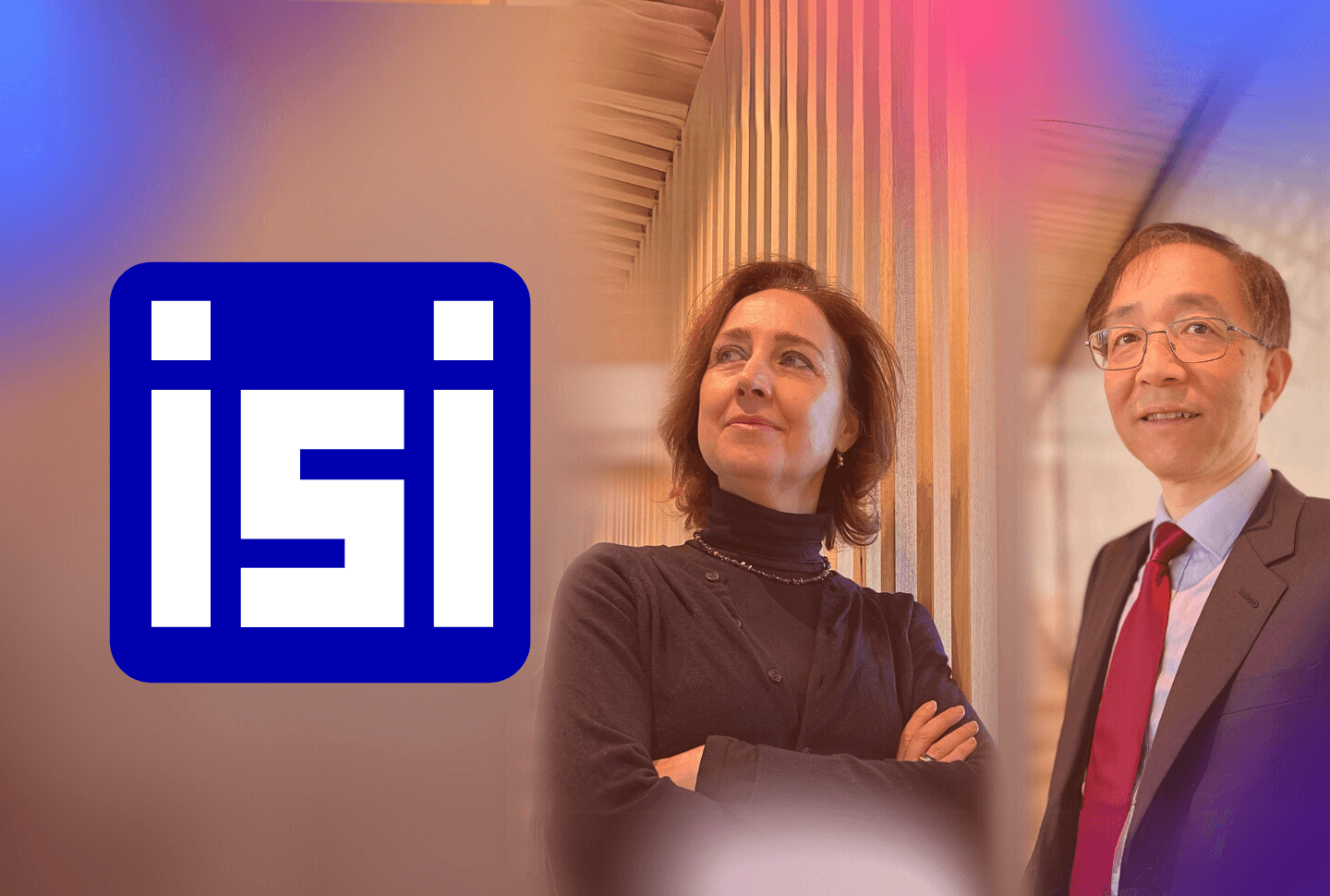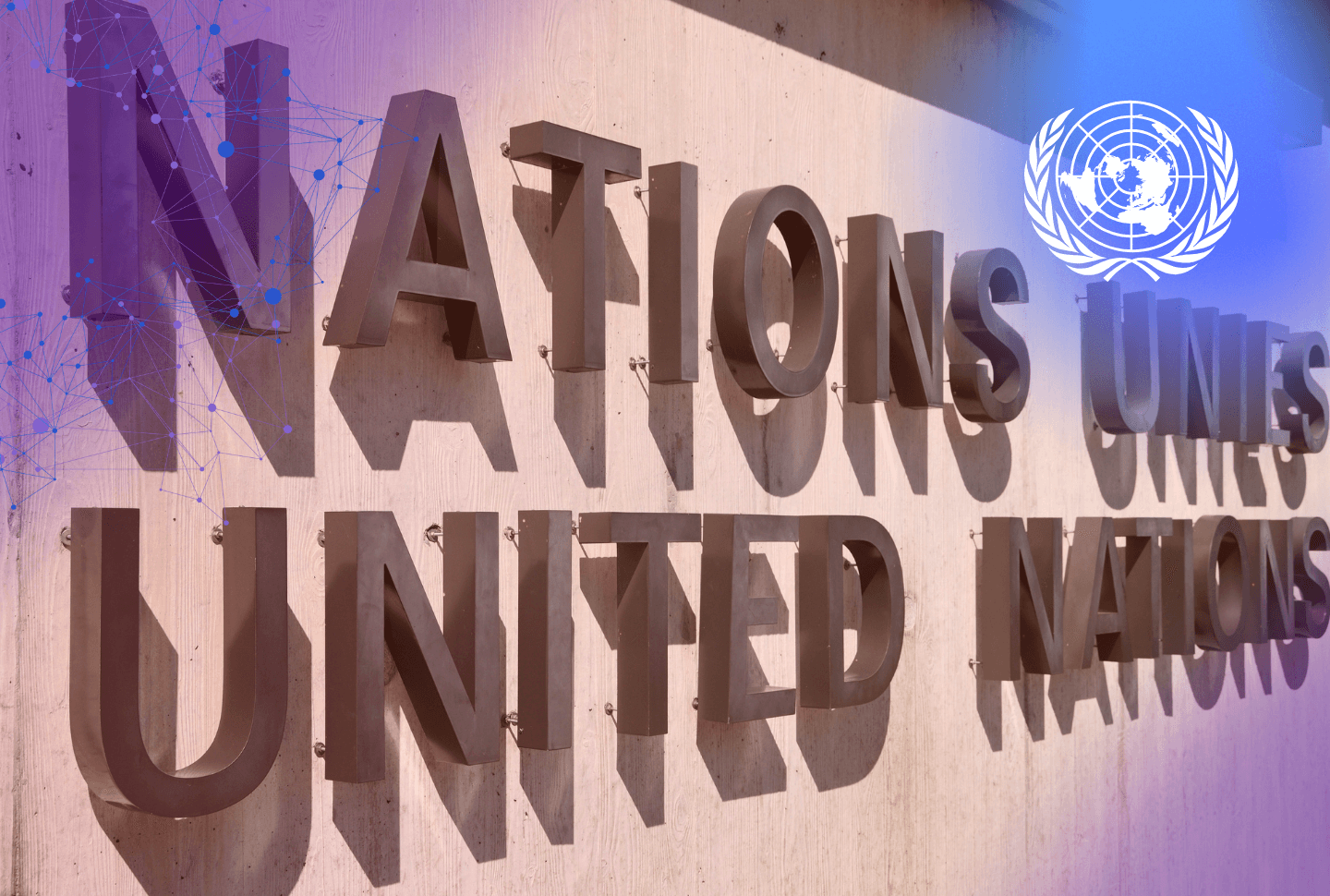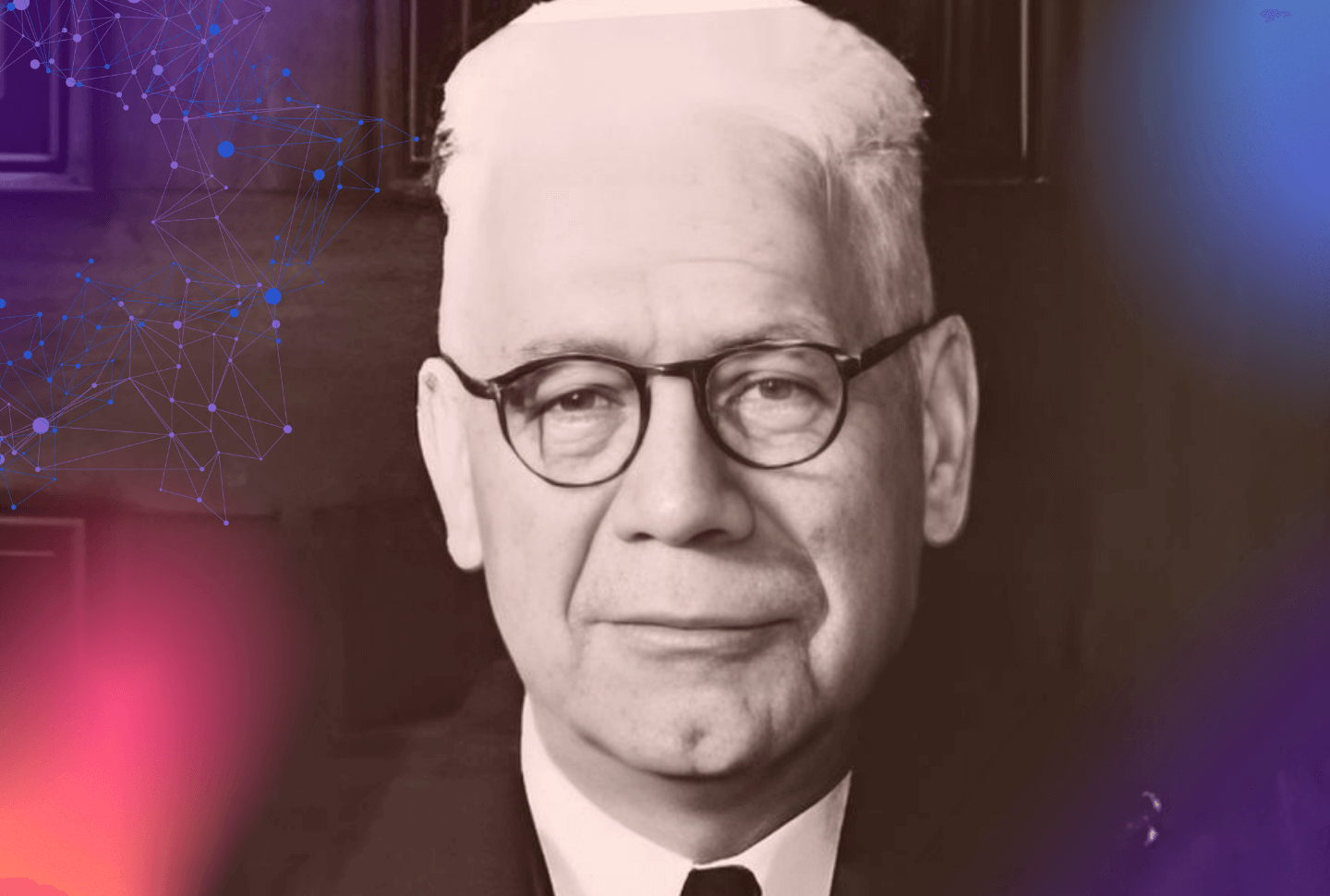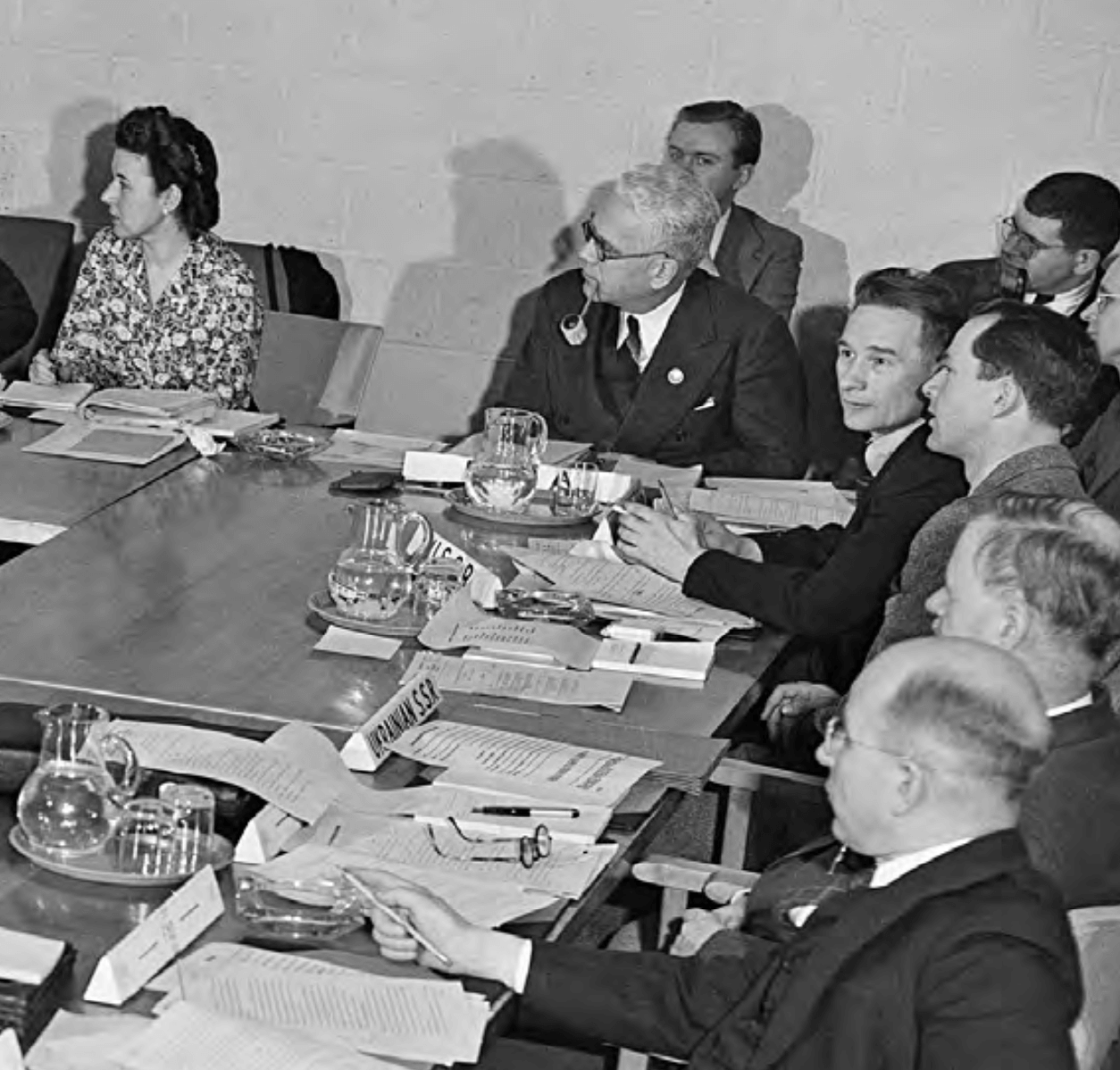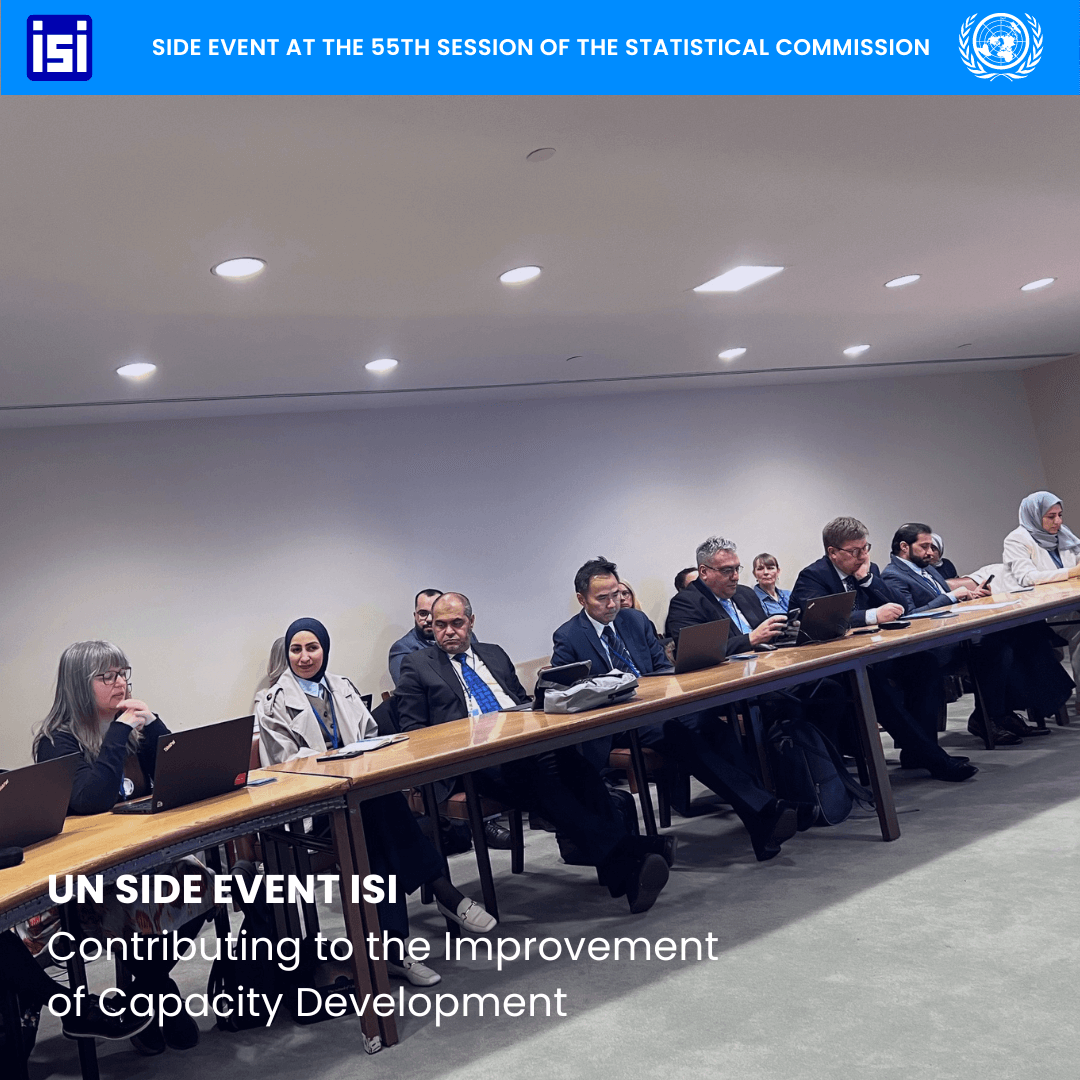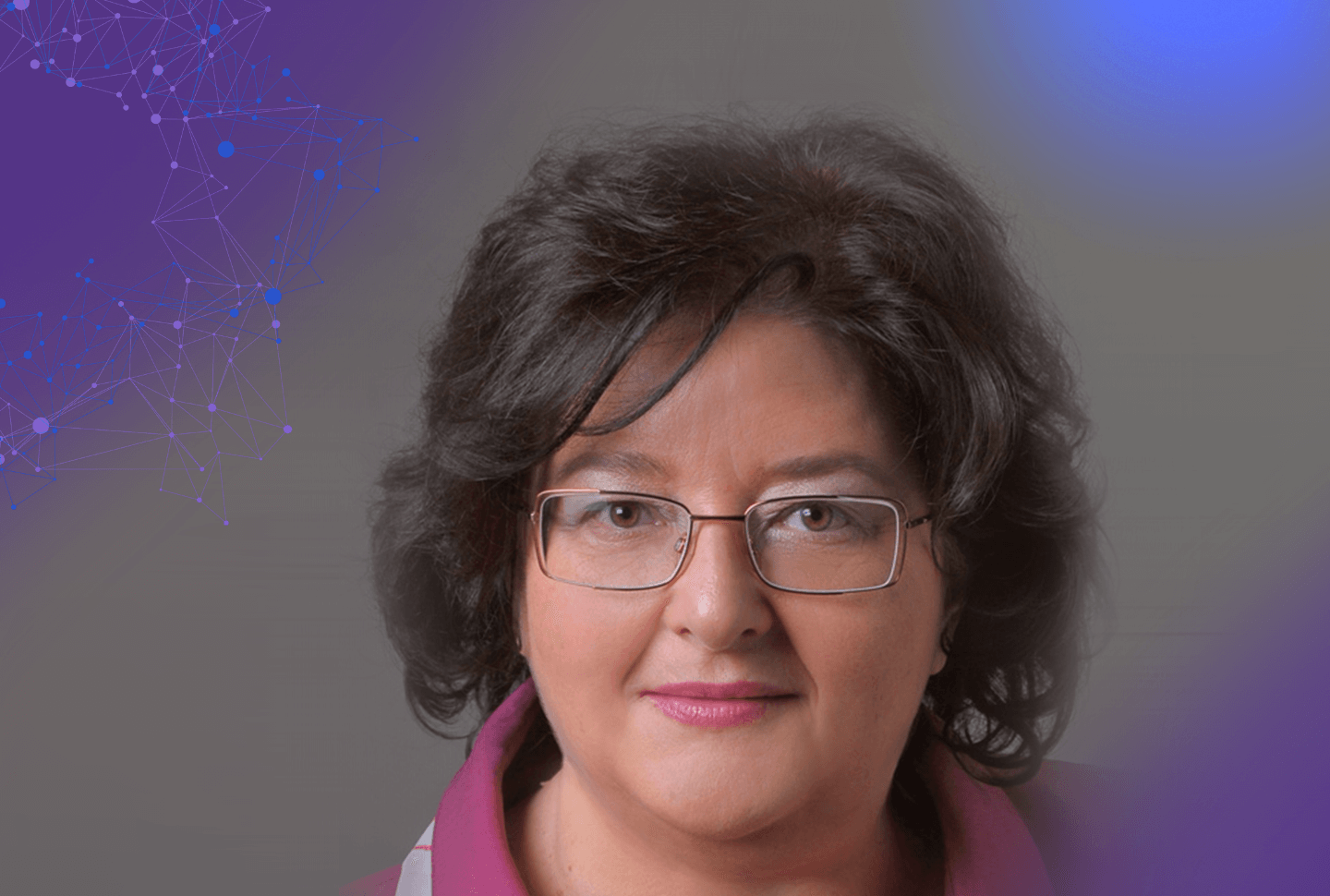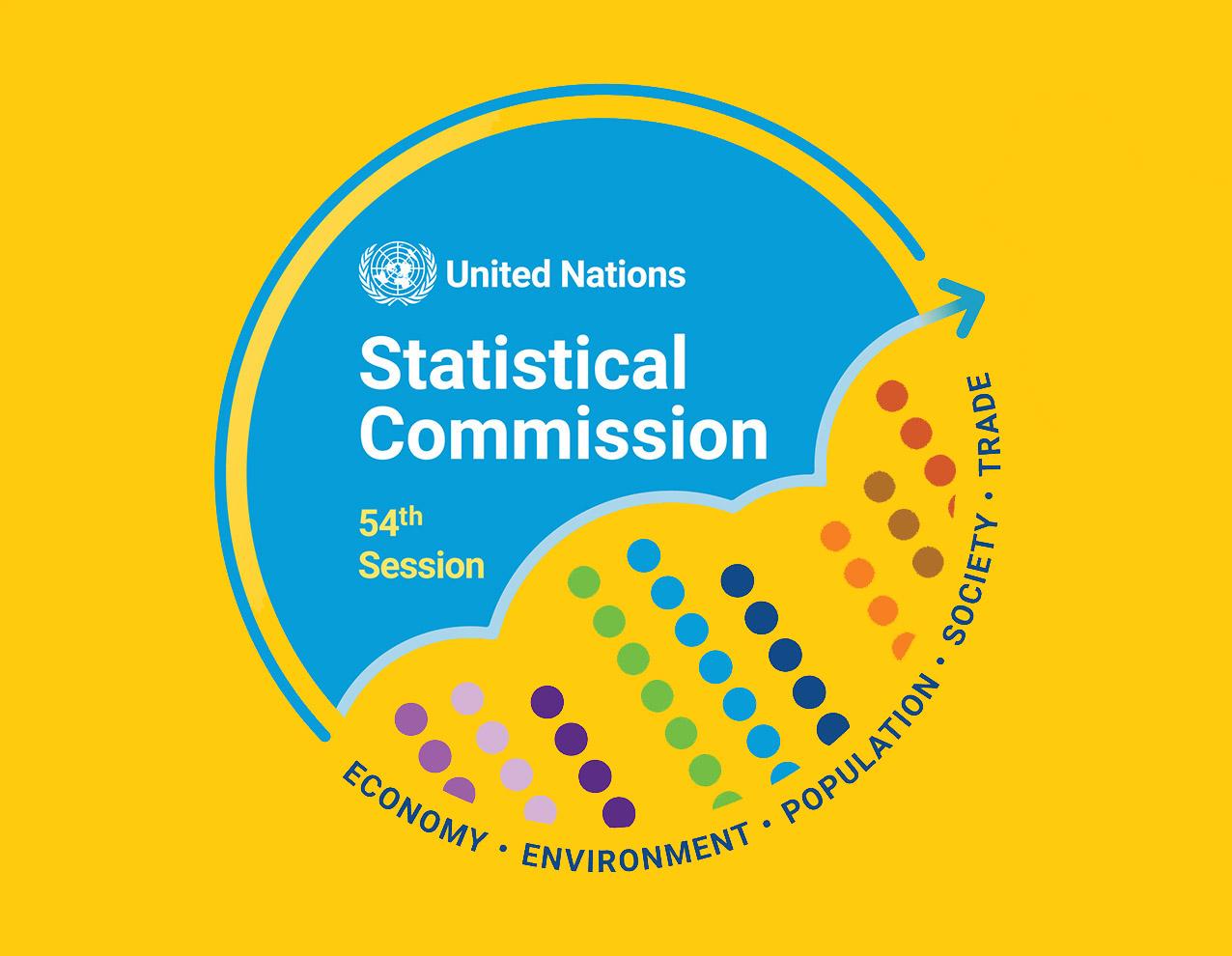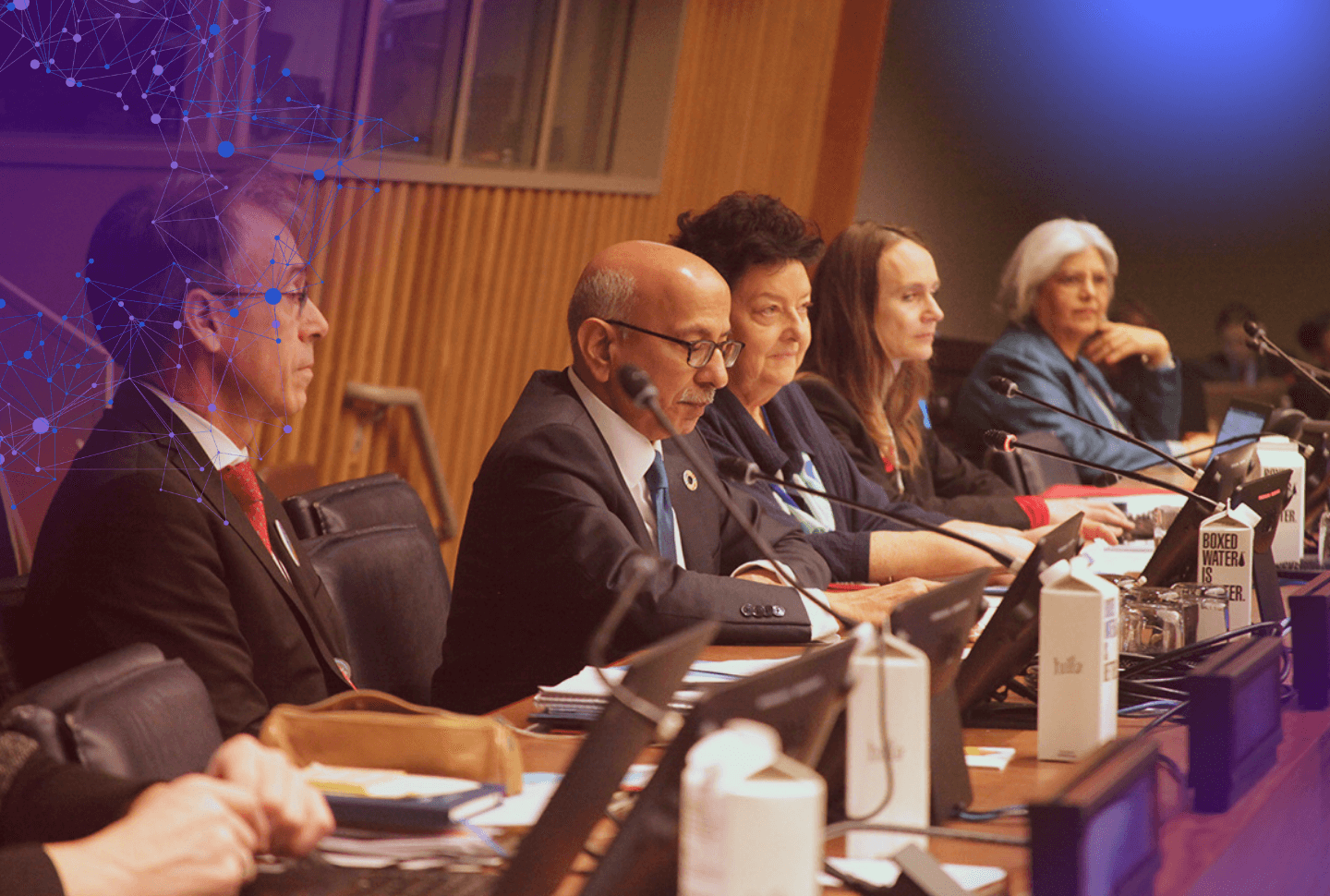Gabriella Vukovich - Chairperson 2023 UNSC
Gabriella Vukovich, former ISI Vice-President, Dr., honorary professor, and Doctor honoris causa of the University of Miskolc, served as the president of the Hungarian Central Statistical Office (CSO) from 2010 until her retirement in 2023.
In 2012 and 2013, she was elected Chair of the United Nations Statistical Commission. In 2014, she was the Acting Chair of the UNSC. In 2022 and 2023 she was elected again Chair of the UNSC.
We are incredibly proud of her for serving as ISI Vice-President (2019-2023) and have immense respect for how she led the UNSC for the fourth time, editions: 43rd, 44th, 53rd, 54th.
